
Thinking about buying vs. renting? There’s a lot of information out there, where do you start? You could join us at one of our monthly free virtual homebuyer workshops, and you can check out this blog! Both will help you take those first steps to understanding the process of how buying a home is going to be one of the best moves you make.
Loans aren’t one-size-fits-all
Before we talk about how much to put down, let’s talk about types of loans. We’re going to give you a high-level overview as there are so many details and different loan types to dive into. Each buyer’s situation is unique and your lender can help you understand the options and what is going to be best for your home-buying journey.
Conventional Loans
When people talk about mortgage loans in general they are often referring to a conventional loan. They tend to be for 30 years, but you can also look at 15 or 20-year terms. The better your credit score the better your rate will be. One more important note regarding conventional loans - when putting down less than 20%, you’ll often pay Private Mortgage Insurance (PMI). We’ll talk more about PMI in a bit. Jumbo loans and Adjustable Rate Mortgages (ARMs) also fall into the category of conventional loans but they are “non conforming”. These loans are often held directly by the lender and they do not conform to the government standards (Fannie Mae and Freddie Mac Loans).
Government Loans
Government-backed FHA, and VA loans are also popular. Typically, you can qualify for an FHA loan with a lower credit score than you can with conventional loans. It may have a slightly lower interest rate than a conventional loan but depending on the amount you put down, you may pay PMI for the life of the loan. Appraisals are stricter with an FHA loan as the safety and soundness of the home is considered as well. For active-duty military service members or veterans who meet length of service requirements, there are VA loans that don’t require a downpayment and usually don’t require PMI.
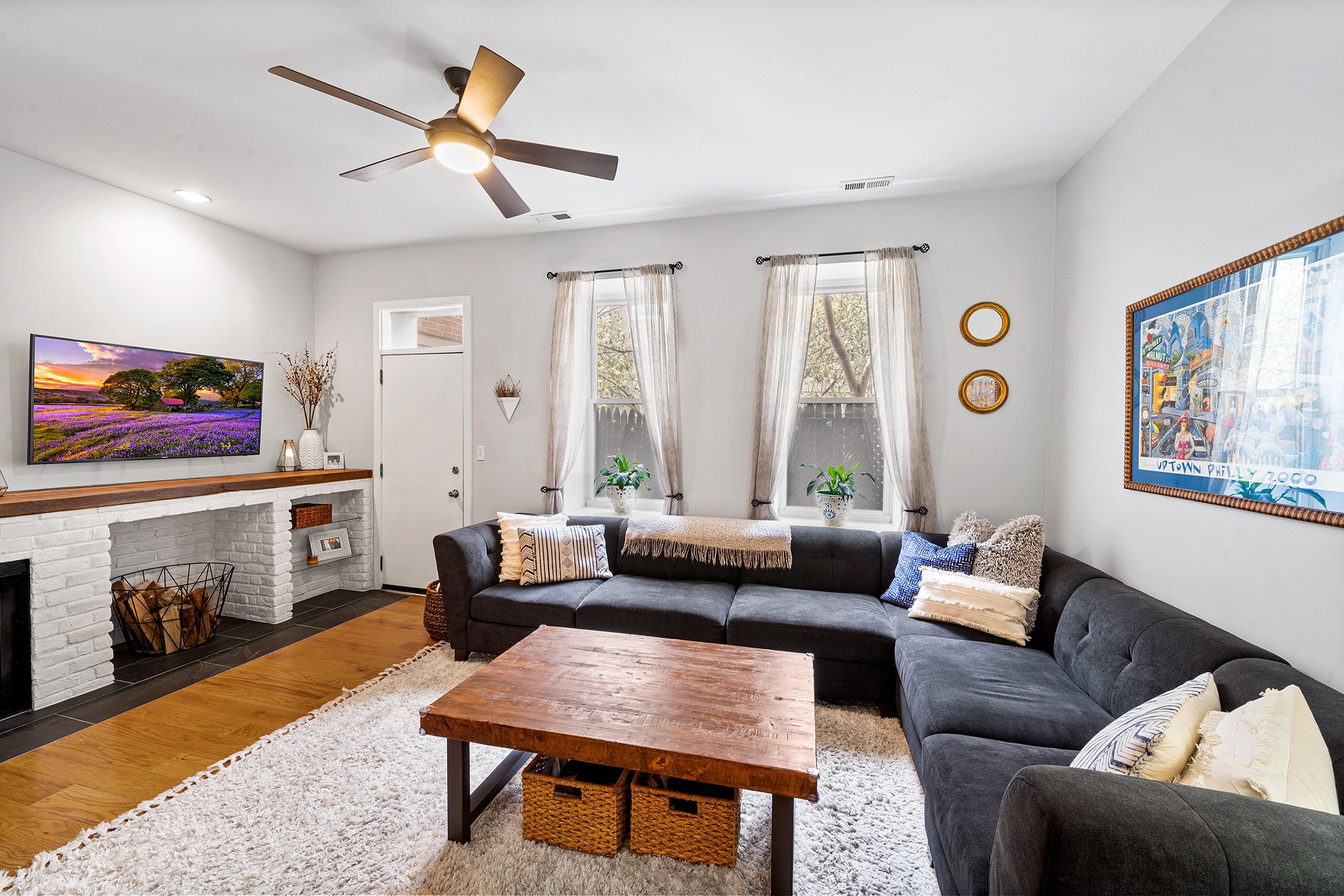
What is PMI?
In most cases when you put less than 20% down, you’ll often have to pay what is called Private Mortgage Insurance (PMI). This is an additional fee that is rolled into your monthly mortgage payment and it is designed to protect the lender if you falter on your mortgage payments. PMI today isn’t what it used to be back in the 80s, 90s, or even the early aughts. Back then, there were only about two companies that provided PMI, and you could expect a hefty monthly price tag. Today, there are more PMI providers so prices have come down and it has leveled the playing field. The same loan back in the day could have run you about $350 PMI for a month whereas today it could be as low as $80 a month. PMI is determined by your financial factors including credit score so the rate will be specifically calculated using your information. If using a conventional mortgage, once you have reached the 20% equity threshold you can cancel your PMI. If the home values in your neighborhood increase more swiftly than the payoff schedule, you can also look to refinance to help remove the PMI.

What can your wallet afford?
The biggest misconception is that you MUST put 20% down when purchasing a home. In fact, you can put as little as 3% down on a home with a conventional mortgage. With certain homebuying programs, you can put down as little as $1,000! Putting a larger amount down, especially when interest rates are higher, allows for a smaller loan, therefore paying less interest, and making your monthly payment more affordable. Remember you avoid paying PMI when putting down 20% or more.
We can help you discover loan programs that help offset the cost of PMI or exempt the PMI altogether. For example, you may qualify for a doctor or VA loan that can offer 100% financing (that means 0% down!) with no PMI. Once again, it all depends on your personal financial details. We’ll connect you with the right local lenders to provide the loan that supports your circumstances best.

Don’t forget about closing costs
Aside from your down payment and monthly mortgage payment, there’s another big number you need to calculate when buying a home - closing costs. These include fees such as transfer taxes, inspection fees, and title insurance, among others. They’re bundled together and included in the cash that you need to bring to the closing table. In the Philadelphia area, closing costs are estimated to be about 5% of the price of the home. For example, a $350,000 property will have an estimated $17,500 in closing costs. This is another reason that many buyers may put less than 20% down on a home. The good news is that there are grants and homebuying programs that can help you bring down those closing costs. Your agent may also be able to negotiate a seller’s assist which applies to your closing costs.
Let’s meet for coffee, or at our office for a one-on-one. We’ll have a relaxed conversation where we’ll discuss the points above, as well as your timeline, target price range, and must-have list, and learn about your hopes, dreams, and worries around becoming a homeowner. Fill out the form below and let’s take the next steps to get this home journey started!
October 2025 - We've combined statistics from the past few months and our experience working with clients to give you a market update for the city and the suburbs.
What exactly does a buyer’s agent do? We asked three PHG Realtors to give us a peek into the care and expertise they offer clients along their home buying journey.
With condos currently making up 18% of the total residential property for sale in Philadelphia, it’s time we talked a little bit about them! In and around Philadelphia, condos can come in a variety of building sizes and offer a wide range of amenities. We’ve put together our top 5 favorite things about condo living.
When you first move in, don’t be shy about meeting your new neighbors! Say hello or try one of these ways to get to know your next-door friends. You’ll be borrowing a cup of sugar before you know it!
The title to your car is a piece of paper, the title to your house however is not something concrete- it’s a concept of ownership. Title refers to the legal ownership of a home. It proves that you own the property, and have the right to sell it by transferring your ownership to someone else. Find out everything you ever wanted to know about the title of your home.
One of the ways to find your dream home is to purchase a fixer-upper, grab a designer, a contractor and get on the road to renovating. There are tailored loans that can help to take on such a project. Let us introduce you to the Fannie Mae HomeStyle and FHA 203(k) construction loans that are designed to finance properties where conventional loans aren’t applicable or for homes that have been sitting for a while.
If you are a renter, chances are at one point or another you have contemplated buying. What’s stopping you? In a hot market, we know that it is even easier to get cold feet about owning your own. Here are some of the most common self-placed roadblocks we hear from renters who are hesitating to make the leap to first-time homebuyer.
Picture this scenario in a real estate transaction; pre-approved buyer and seller have agreed on a sale price and terms. Home inspection has been conducted and negotiated. Repairs and credits are inked on paper. There is only one person left to join the party... the Appraiser. These FAQ’s are just what you need to navigate this aspect of the home buying and selling journey.
Every Earth Day we are reminded to keep focus on helping our planet maintain its sustainability and recover from past mistakes. Keeping that mindset year-round, in your home, is easier than you think. Here are 5 easy steps to greening up your home.
Whether you do your taxes yourself, or pass a pile of receipts to your accountant, being aware of tax write-offs for real estate owners helps you realize next-level profitability.
Did you know that it’s recommended to test for radon levels in your home every 2-3 years? Read why it’s important to test for radon, especially in Pennsylvania, and what happens when you get unexpected results back.
Homeowners Insurance, also known as hazard insurance, is required by your mortgage company to insure your home and belongings from sudden and accidental damages, and your finances from liability. We spoke with three insurance experts to help explain the in’s and out’s of homeowners insurance.
Inspections can sometimes feel scary. The house you fell in love with may have some flaws. PHG agent Christian Fegel is here to let you know that is totally normal. It is rare to walk away from a home inspection without at least one item on the to-do list.
She took the time to truly listen and understand what I was looking for, and her patience was unmatched—especially as I navigated my indecision and toured what felt like a million homes.
She is patient, supportive, and understanding. We felt like she understood our needs and helped us to effectively navigate the home buying process.
Jordon, in particular, was kind, attentive, patient, and addressed all of my questions no matter how silly they were, and some of them were really silly! Haha. Now, I'm happy to say that I purchased my dream home and I couldn't have done it without Jordon and PHG!
She truly is an incredible realtor and always had our best interest in the forefront of her mind.
We were coming from out of state and looking at an unusual time for home buying, so he spent a great deal of time with us discussing tradeoffs, options, and locations we hadn’t considered. We ended up buying a house in an area he recommended to us, and we’ve absolutely loved it.
Erin D my realtor was beyond amazing and went straight to work on what I wanted in a home and she is very professional in what she does.
My partner and I worked with Rachel Shaw to buy our first home, and she made the entire process feel approachable, unintimidating, and even exciting (when we expected it to be stressful)!
i shared my vision for my future home in philadelphia, and she understood what my heart was after so well that i bought the first place i looked at!
Great communication, smart negotiation and she explained everything simply.
She was very knowledgeable, quick, and super helpful throughout the entire process. I would highly recommend her to anyone looking to purchase a property.
She was so responsive through the various twists and turns of house searching and, when I found my perfect place, she made it a seamless process to close the deal!
What I appreciated most was the complete lack of pressure. Rachel truly felt like a partner. When we were excited, she was excited with us. At the same time, she was a grounded and honest guide who brought thoughtful real talk to every conversation.
Being new to Philadelphia, we greatly valued her expertise and recommendations. She went above and beyond to help us find the perfect home and to successfully negotiate with a difficult seller. She was able to make the process as smooth and easy as possible.
She was responsive, knowledgeable, and informative for my first time home buying process
He helped us find another home in a wonderful location for an amazing price that we liked even more.
Allison vouched for us with our sellers when there was another offer on the table, and our offer was accepted largely because of the work she put in with the selling agent. We are so appreciative of her hard work and help and would recommend her for your real estate needs!
Kate was the only relator we talked to that read our entire email and didn't make us repeat ourselves 100x times when we were interviewing for agents.
As an out of state buyer I was expecting the process to be somewhat arduous but it ended up being incredibly easy, largely due to how confident I felt working with Kate and everyone she recommended.
She is incredibly knowledgeable and really took the time to get to know us. We wanted to buy in a quick turnaround time, and Allison made that happen!
She is truly dedicated to making her client's lives easier, and it made the whole homebuying process 10x less stressful. She also has a wealth of reliable connections (lenders, inspectors, different types of contractors, etc), so it wasn't just her side of the equation that went smoothly.
Totally understood (and helped us understand) our own wants, needs, limitations, strategies, moves to make, what to think about. Has great taste and knows Philly in all the right ways <3
Kate was amazing to work with, we were out of state buyers . She was knowledgeable , professional , patient and guided us through the whole process.
Kate was great helping us to buy our first house, we were very lost in the process and she guided us, explained to us and recommended people to work with and be able to get the house we wanted.
Unlike other agents I’ve worked with, she knows a lot about what to look for in a quality home. She was able to point out possible issues in houses I was interested in and planned how we could communicate them to the seller. She advocated for my needs.
During our showing days she did a lot of work behind the scenes to coordinate seeing multiple houses in a tight window. With all those options I thought it would be stressful going into full house-hunting mode but Melissa and her team at Philly Home Girls made it effortless.
He was always responsive and available on short notice to view all the houses we toured. He answered all my questions and I felt he worked on my behalf to get me the home I wanted.
As first time home buyers, we had a hundred questions and Peter was so patient with us and demonstrated a wealth of knowledge in answering our questions and supporting us at every step. He went above and beyond to make sure we understood each stage of the process!
She guided our mutual buyer through a tough inspection situation and helped her make the right decision to walk away, then stayed fully engaged and supportive through the next offer and all the way to the closing table. Her communication was clear, kind, and always timely.
Throughout the process I felt fully supported by Melissa, particularly once we were under contract with my home. She was proactive, communicative and had my best interests at heart. .
She also has knowledge of home construction and was able to point out details that I couldn't see in the various houses I looked at. She answered all my questions in a timely manner-- even the silly ones.
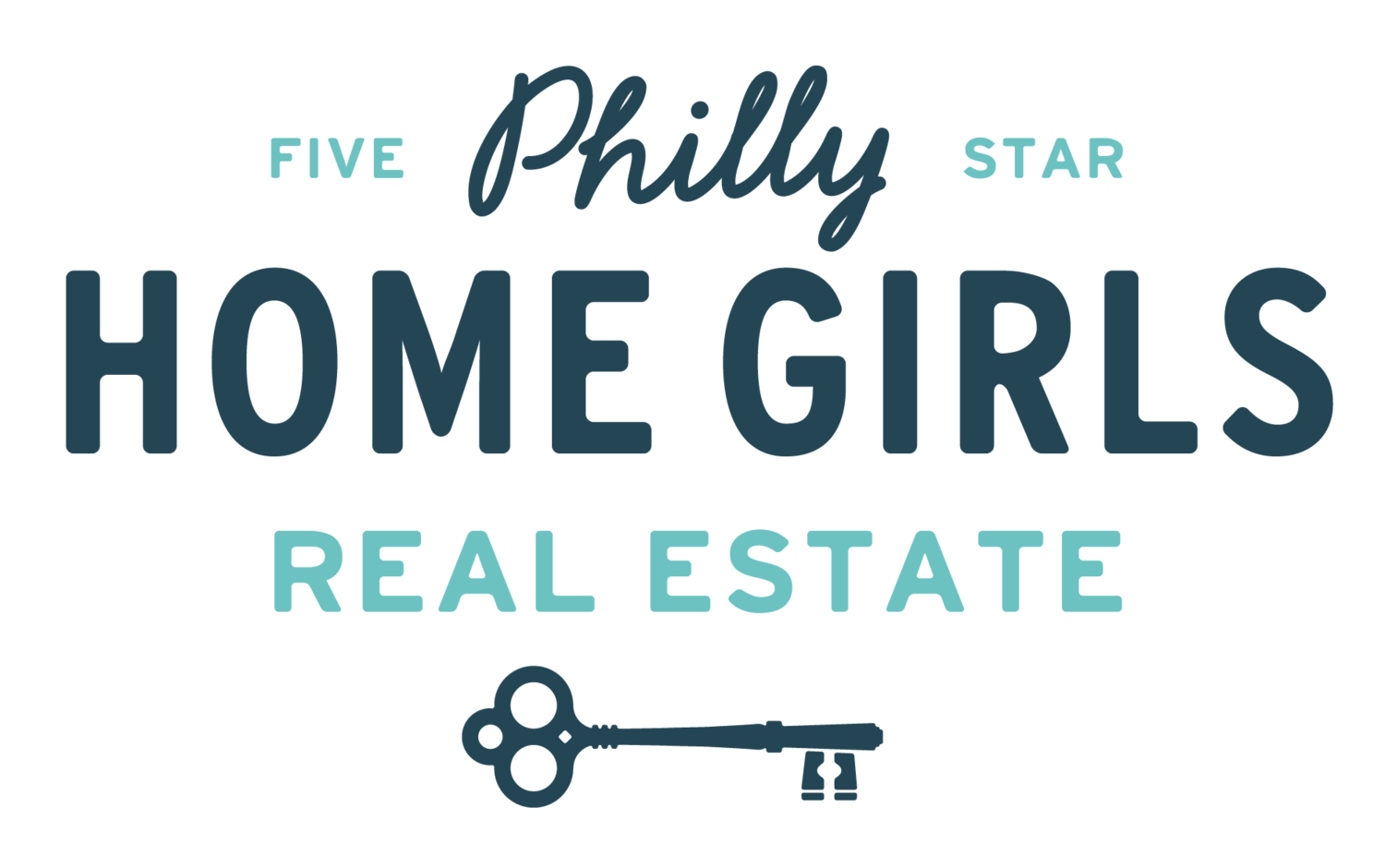



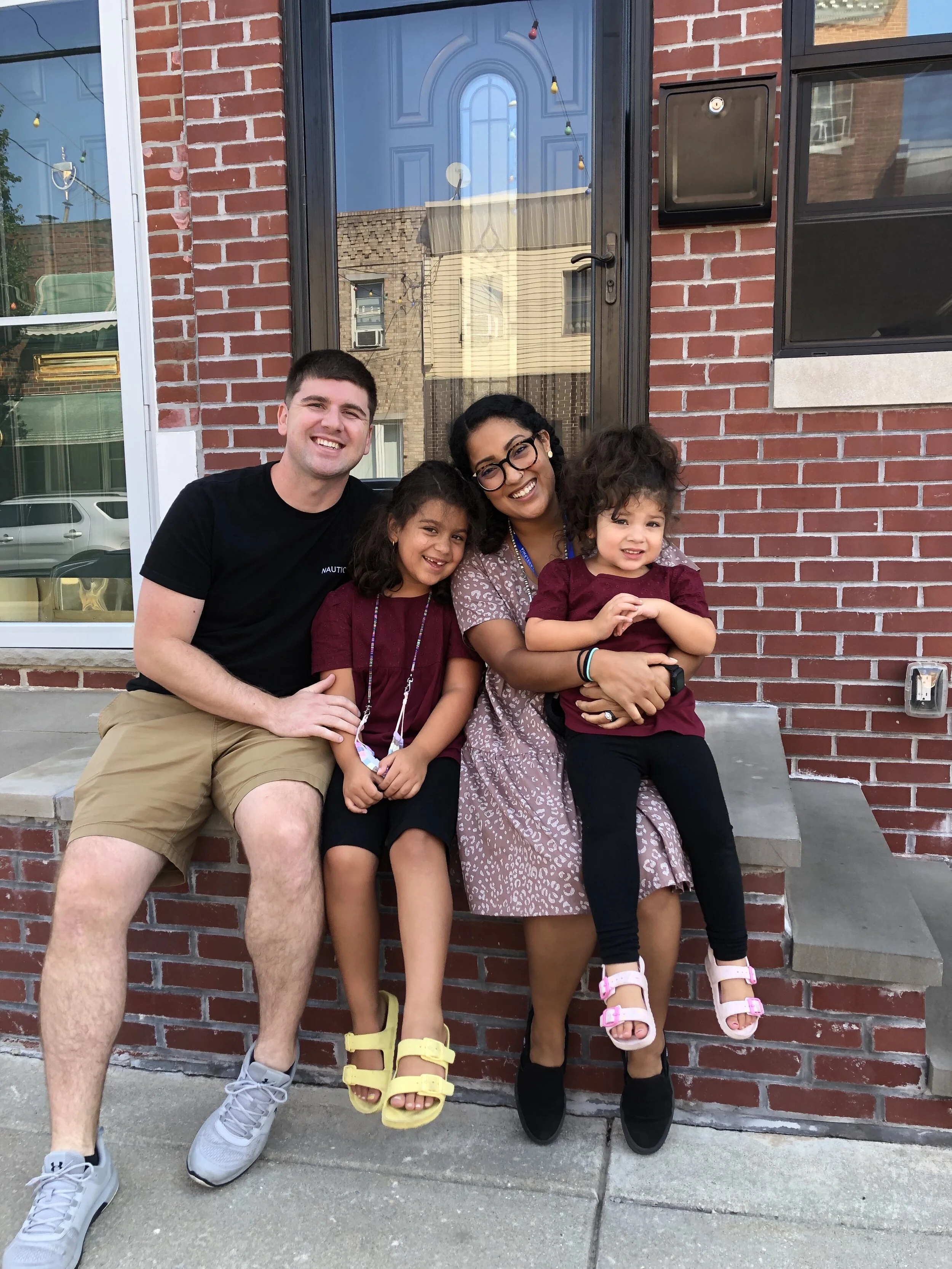

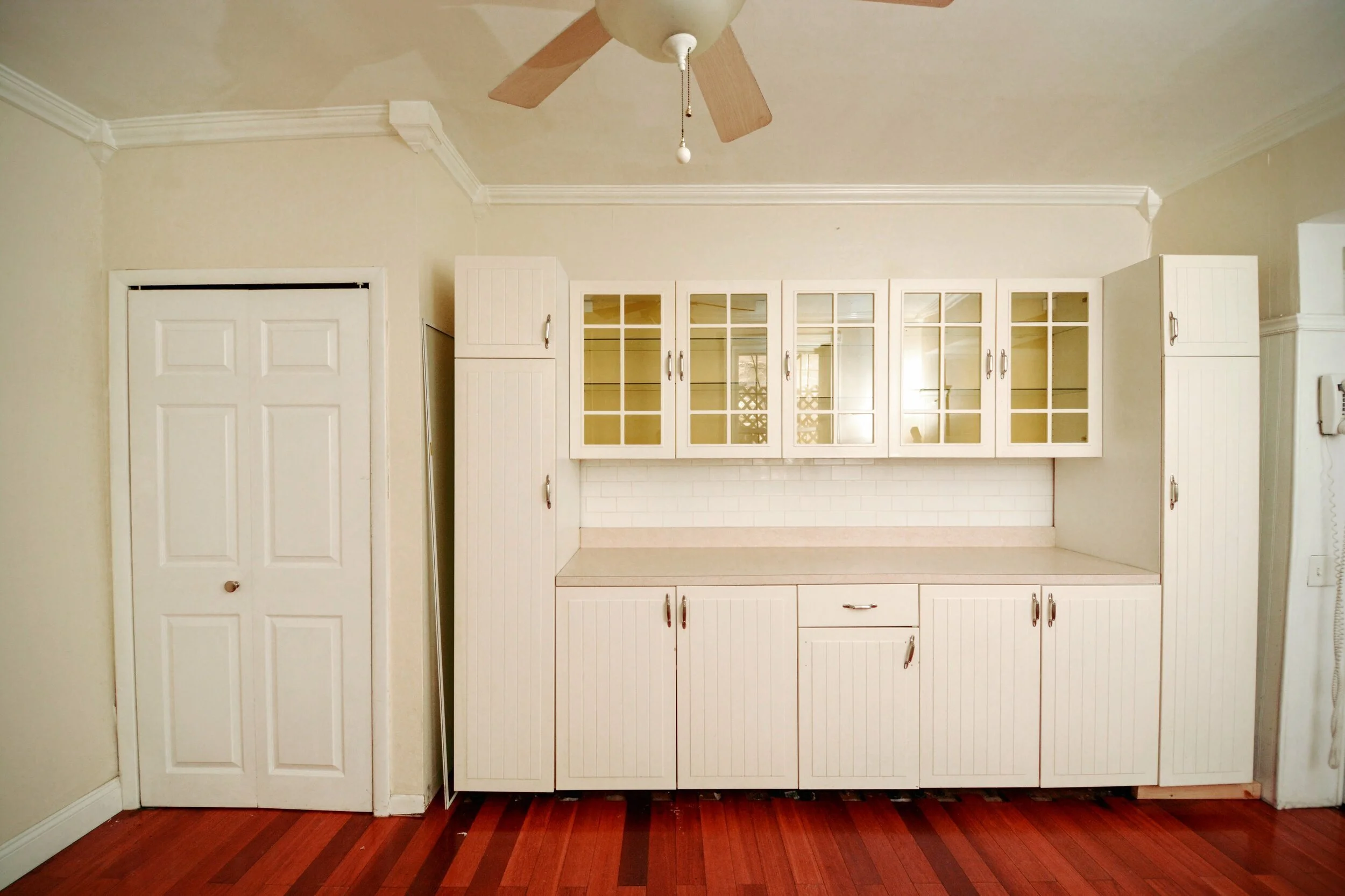
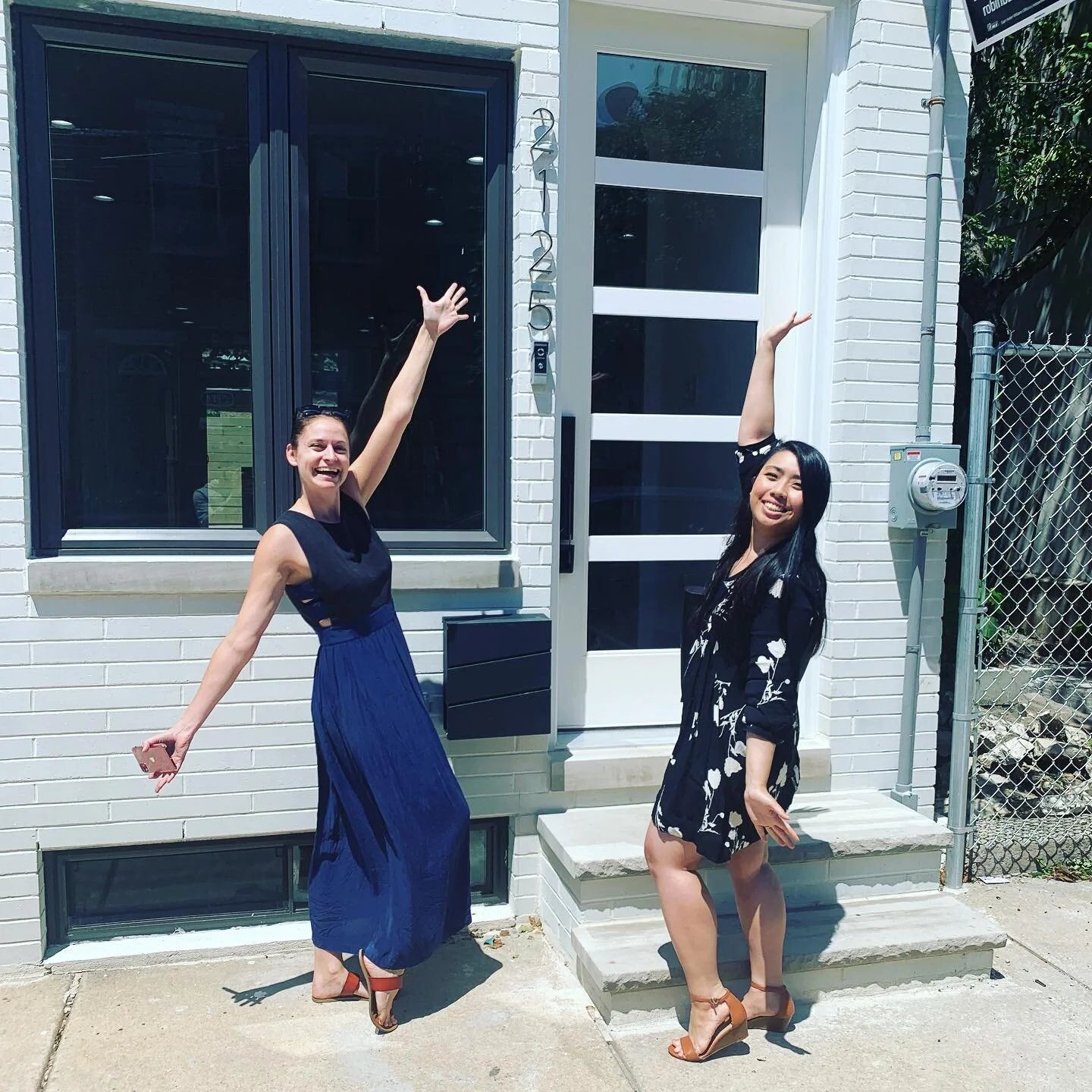






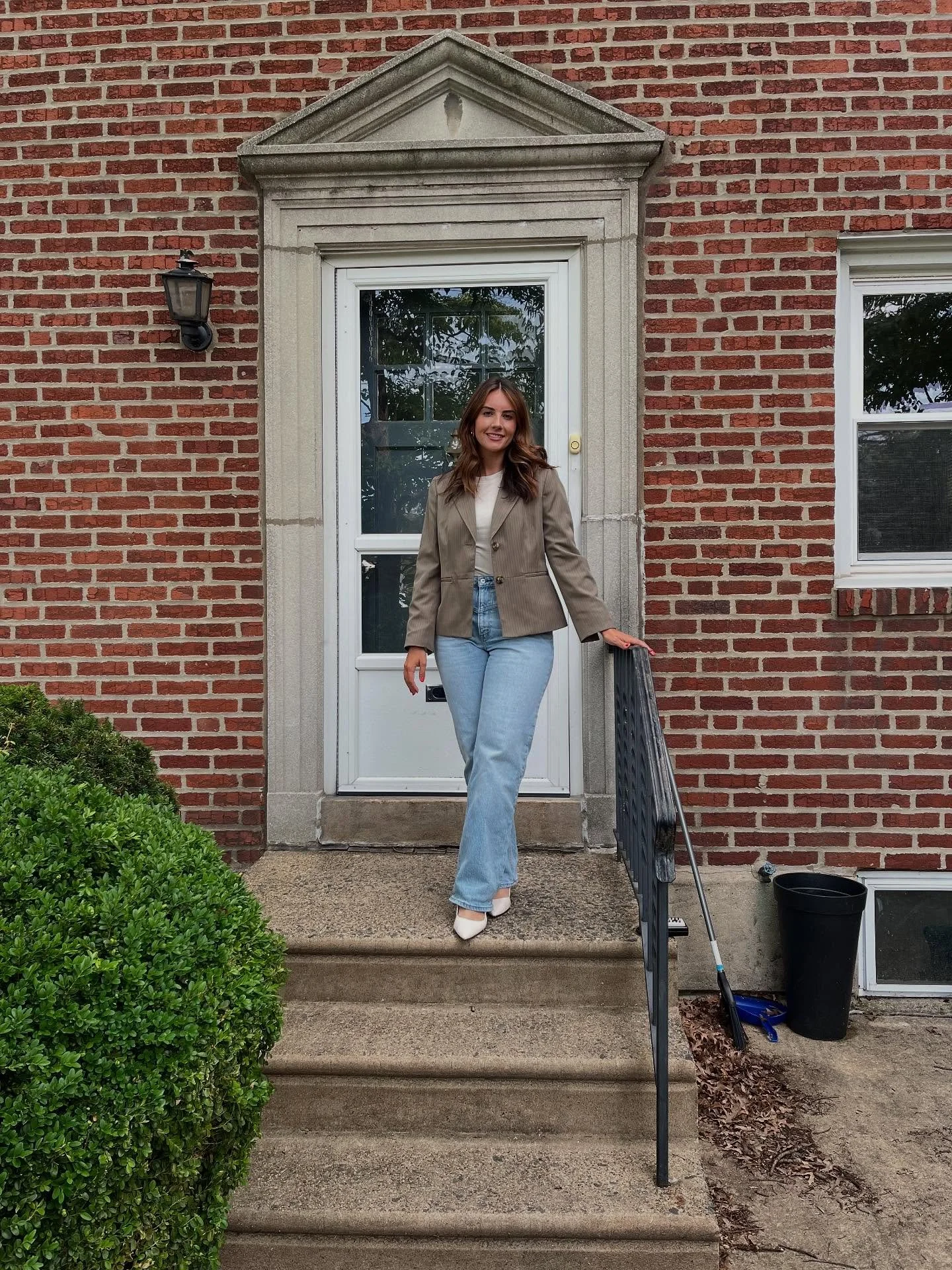
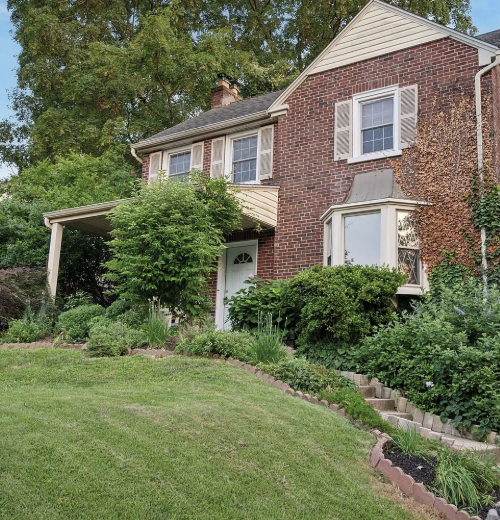






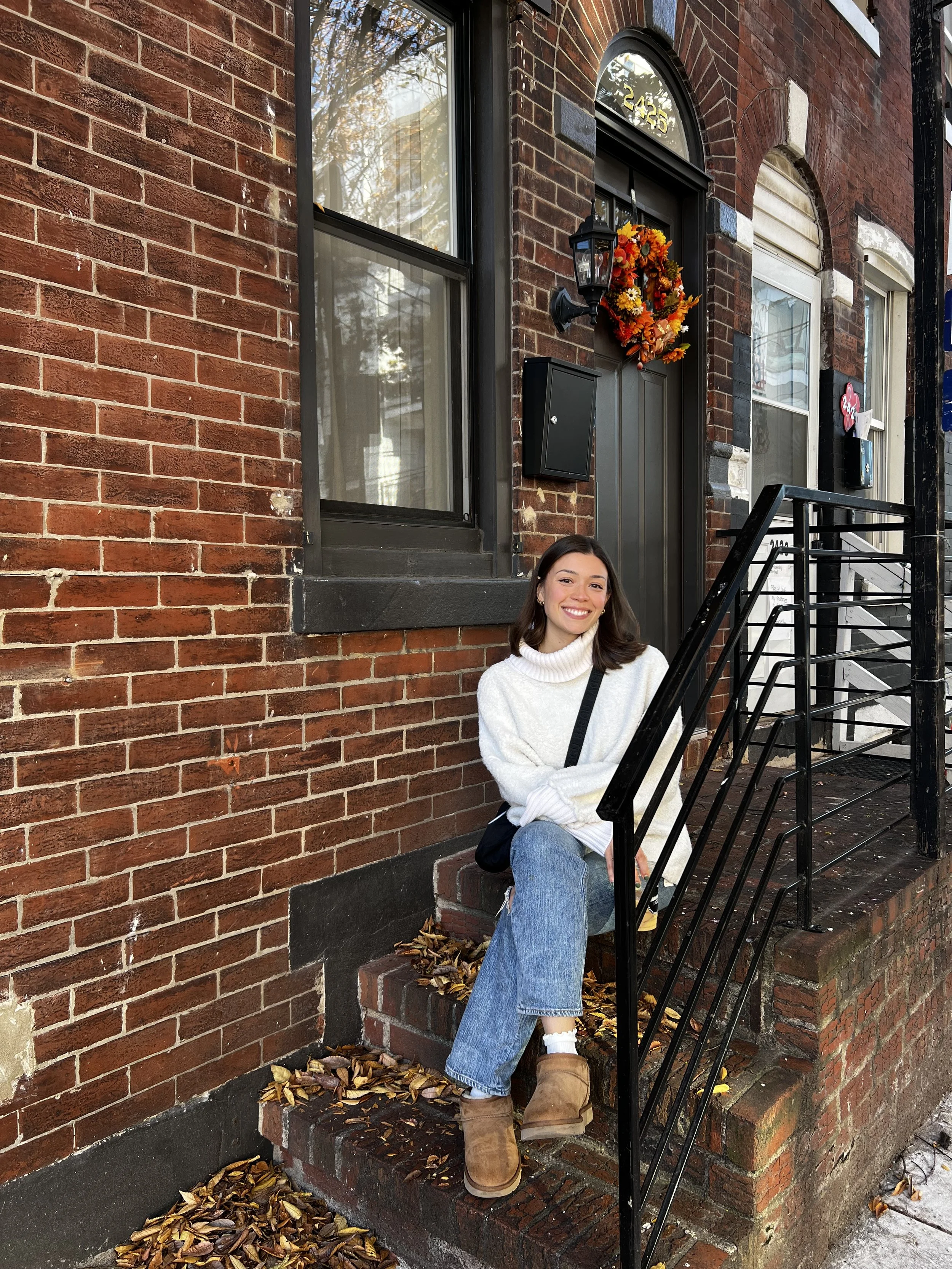









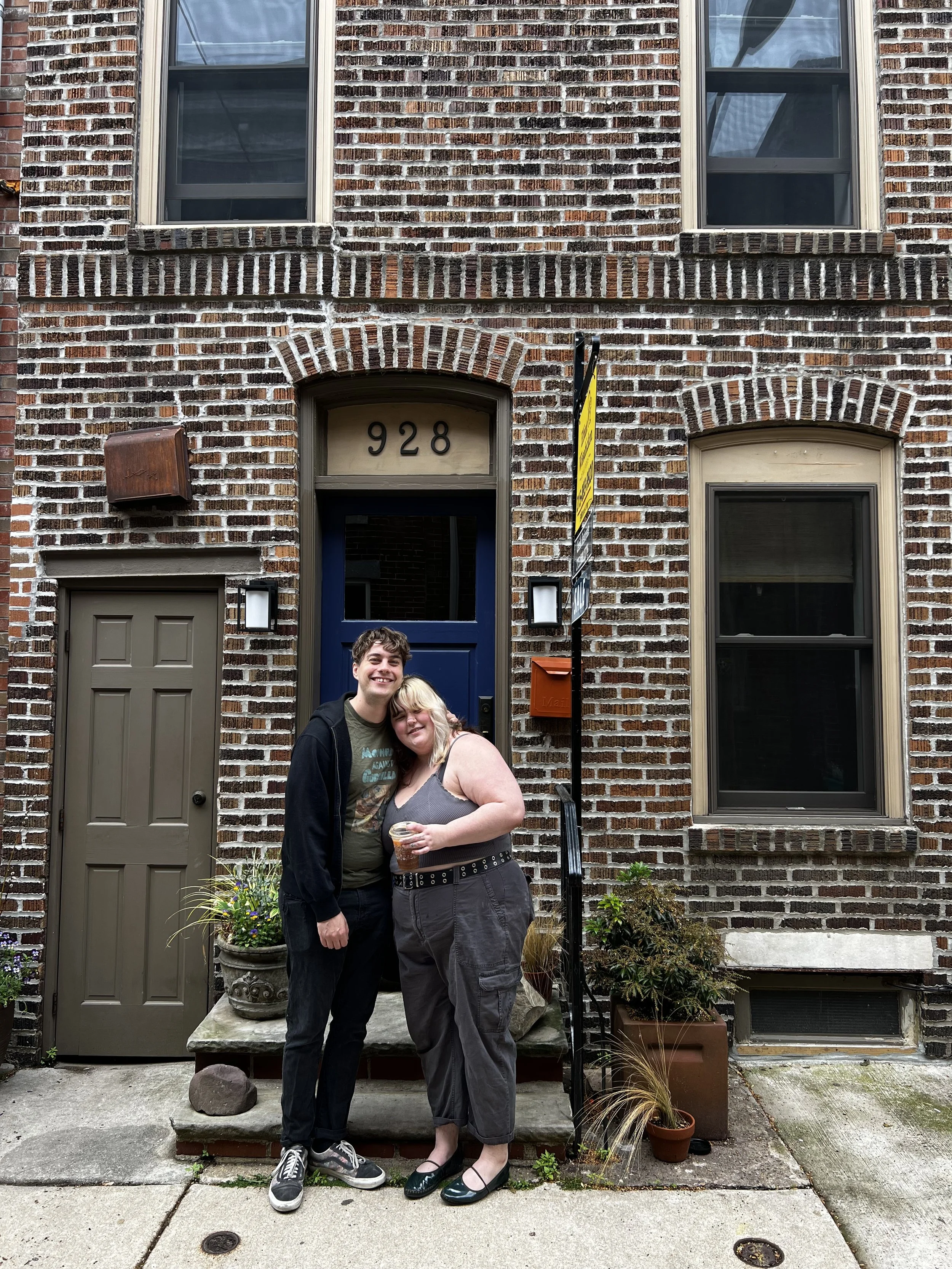







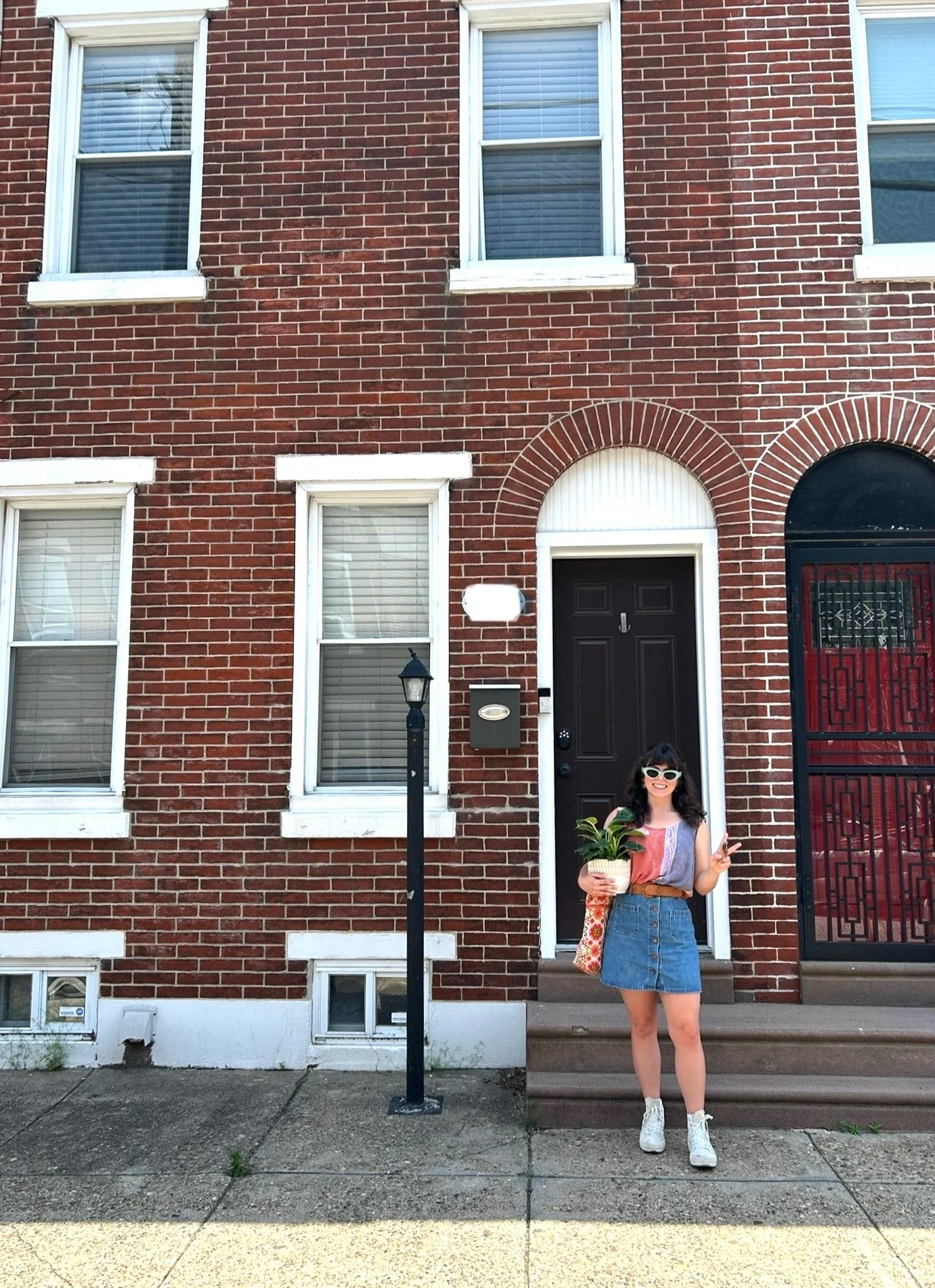
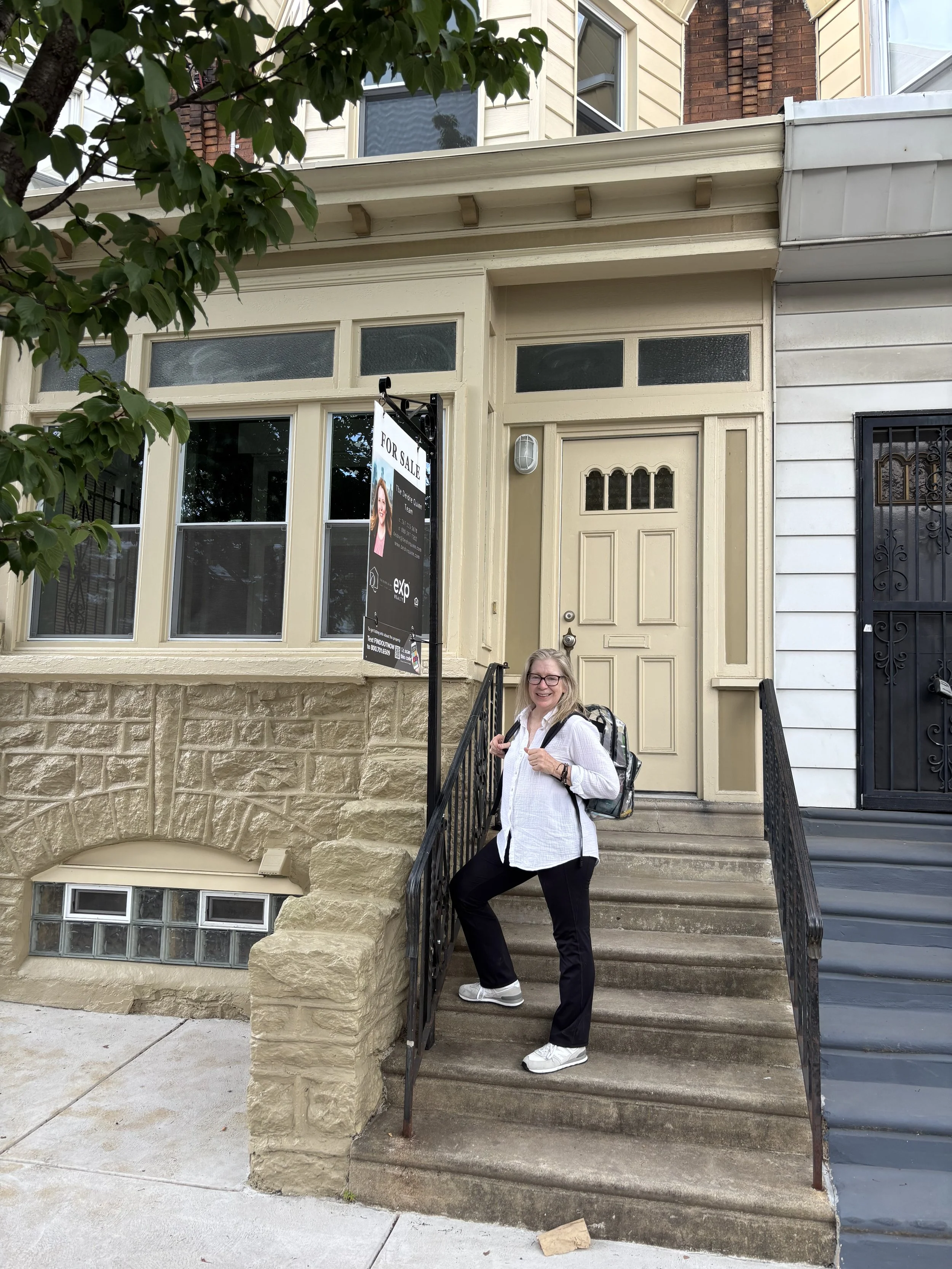
Finding yourself peeking at properties for sale but it feels like a betrayal to your first home? Here’s how to navigate these common thoughts and questions you may have asked yourself about selling your current home and moving on to your next.